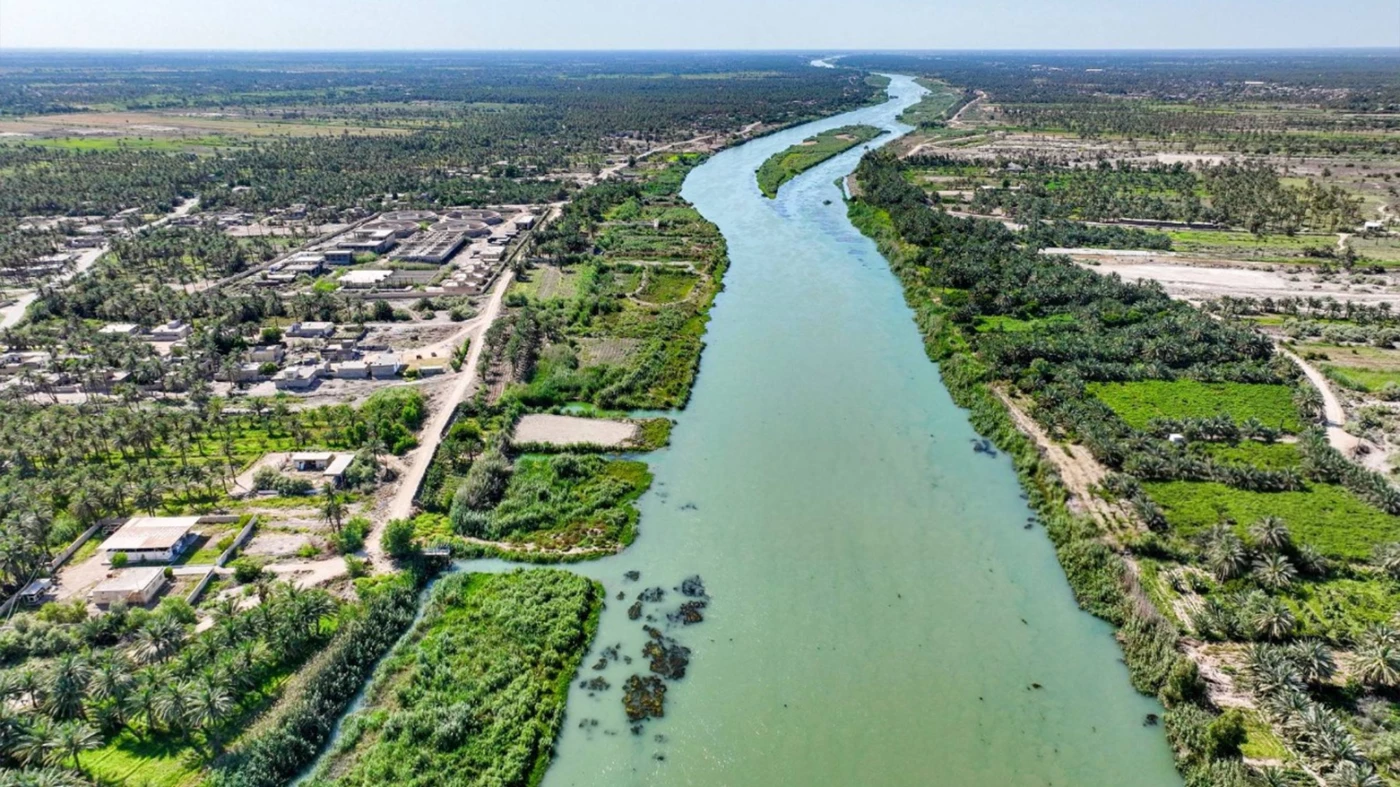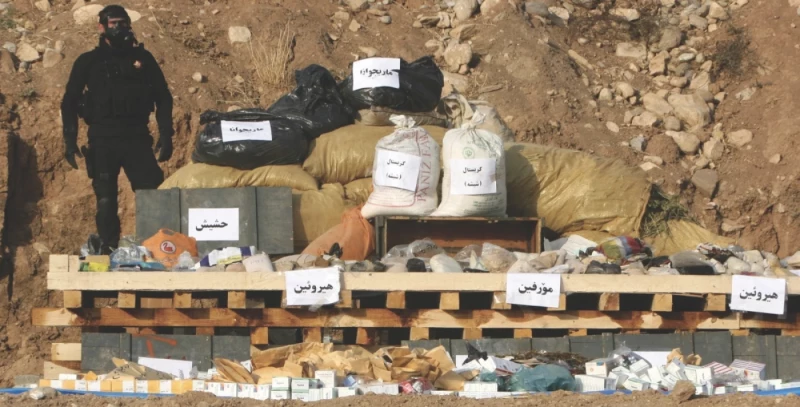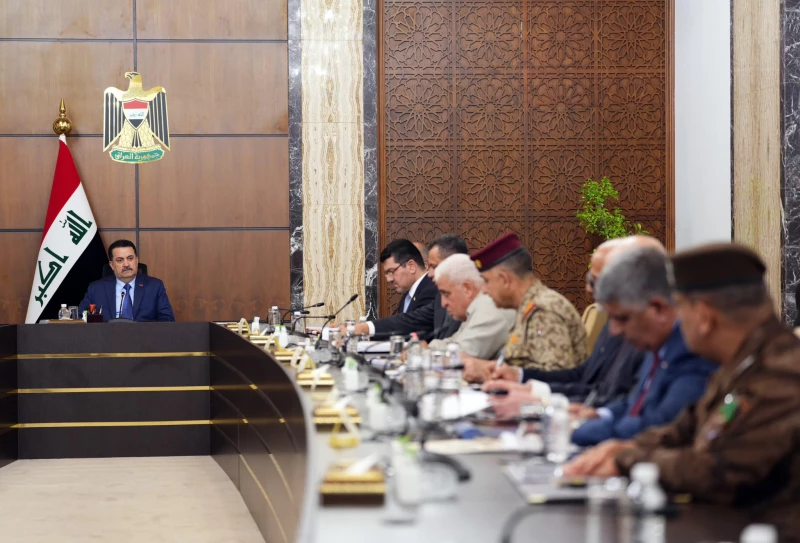ERBIL, Kurdistan Region of Iraq - Iraq’s Ministry of Construction, Housing and Public Municipalities announced on Saturday the launch of the country’s largest water project in Karbala province, with a capacity 16 thousand cubic meters per hour.
“The project will have a capacity of 16 thousand cubic meters per hour, and consists of a filtration station and several booster stations in addition to a transmission line with an intermediate station on the road linking Najaf and Karbala,” Ammar Adel al-Maliki, head of the ministry’s water directorate, told state media.
Water scarcity has been a long-standing and critical issue for Iraq, exacerbated by upstream dams constructed by Turkey along the Tigris and Euphrates rivers. These dams have significantly reduced water flow into Iraq, intensifying the country’s existing water shortages.
In addition to the Karbala project, the ministry has launched another water project in Salahaddin province’s Baiji district with a capacity of 5,000 cubic meters per hour.
“The project will provide potable water to the residents of Baiji district, Seneia subdistrict, Hajjaj and al-Naml areas, and others… to eliminate water scarcity in Salahaddin province,” Maliki noted.
The water projects come amid intensified efforts by the Iraqi government to address water shortages.
Iraqi President Abdul Latif Rashid, a former water resources minister, has repeatedly highlighted combating water scarcity as one of the main priorities on his agenda as president of Iraq.
Iraqi Prime Minister Mohammed Shia’ al-Sudani in April 2024 met with Turkish President Recep Tayyip Erdogan, where they signed a number of Memoranda of Understanding regarding water management and water resources, with Erdogan expressing a willingness to work towards resolving these water-related issues in response to Iraqi requests.


 Facebook
Facebook
 LinkedIn
LinkedIn
 Telegram
Telegram
 X
X



